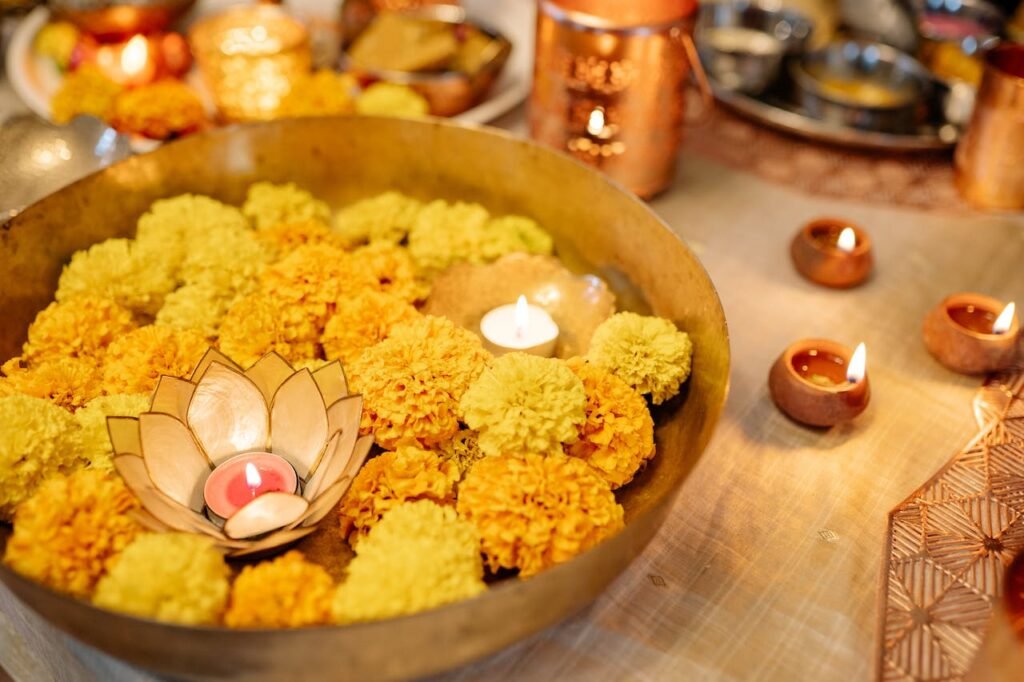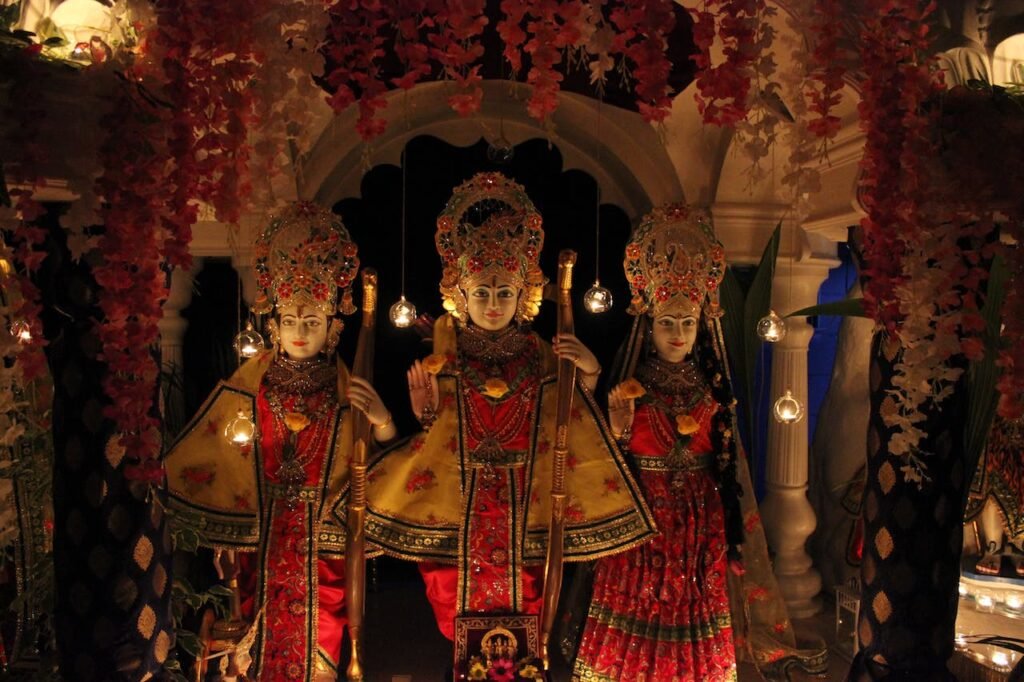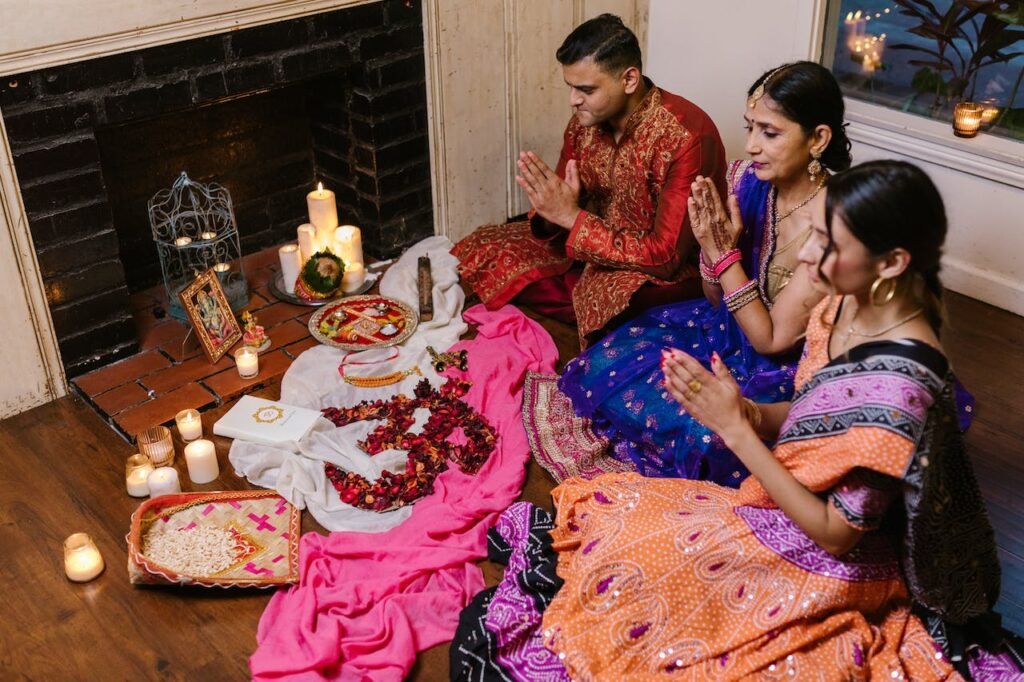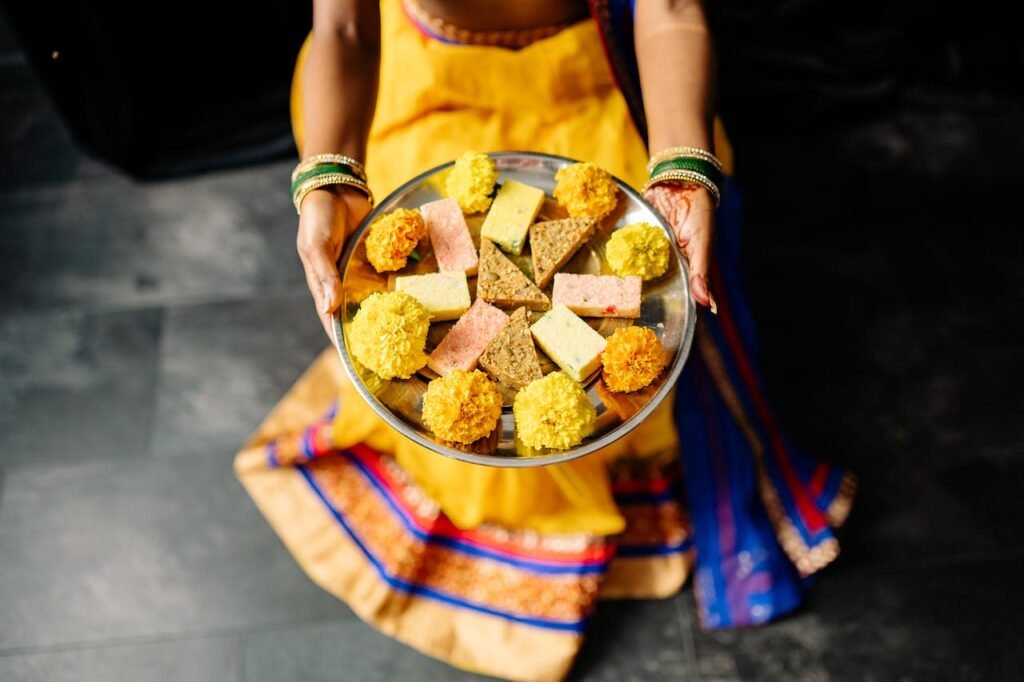Diwali, known as the Festival of Lights, is a celebration that transcends time and culture, illuminating the spirits of millions around the world. As we embark on a journey to explore the deep-rooted story behind Diwali, we will uncover its historical origins, cultural significance, and timeless myths that continue to resonate through the ages.
Origins of Diwali

Historical Roots
To truly understand Diwali, we must delve into its historical roots. Originating in ancient India, the festival has evolved over centuries, drawing inspiration from various traditions and cultures. It is a tapestry woven with threads of time, reflecting the rich tapestry of Indian history.
From the ancient Sanskrit texts, such as the Ramayana and Mahabharata, to archaeological findings, the historical journey of Diwali is an intricate mosaic of rituals and celebrations that have stood the test of time. The festival’s roots can be traced back to the ancient practices of welcoming the harvest season, where communities celebrated the abundance of nature and expressed gratitude for the bounties of the earth.
Cultural Significance
Diwali is more than just a festival; it is a tapestry of cultural diversity. Different regions in India attach unique meanings to the festival, and understanding these diverse interpretations enhances our appreciation of the broader cultural mosaic that is Diwali.
In Northern India, the festival marks the homecoming of Lord Rama, and the lighting of diyas symbolizes the joyous return of the righteous king. In Southern India, the focus shifts to the worship of Goddess Lakshmi, with intricate kolams adorning the entrance of homes to invite prosperity.
Mythological Foundation

Legend of Lord Rama
At the heart of Diwali lies the epic tale of Lord Rama. His exile, the battle against the demon king Ravana, and his triumphant return to Ayodhya illuminate the festival. This mythological foundation is a celebration of the victory of good over evil, a theme that resonates throughout Diwali.
The Ramayana, an ancient Sanskrit epic, narrates the life of Rama, emphasizing ideals such as dharma (duty), righteousness, and devotion. Diwali signifies the culmination of Rama’s arduous journey, marking the victory of virtue and the restoration of justice. The tale of Lord Rama serves as a timeless inspiration, teaching generations the importance of moral integrity and courage in the face of adversity.
For a deep dive into the Ramayana, explore The Complete Ramayana on Amazon.
Worshiping Goddess Lakshmi
While Lord Rama’s story takes center stage, Diwali is also a time to worship Goddess Lakshmi. The rituals associated with her worship symbolize prosperity, abundance, and the light that banishes darkness.
Goddess Lakshmi, the embodiment of wealth and fortune, is invoked during Diwali to seek her blessings for a prosperous future. Devotees perform elaborate puja ceremonies, decorate their homes, and light lamps to welcome the goddess. The symbolism behind this worship extends beyond material wealth, emphasizing spiritual prosperity, wisdom, and the well-being of one’s family.
Enhance your Diwali puja with authentic Goddess Lakshmi idol available on Amazon.
Regional Variations

Diwali in Northern India
In the northern part of India, Diwali unfolds with distinct traditions and customs. The lighting of earthen lamps, the bursting of fireworks, and the exchange of sweets create a festive atmosphere unique to this region.
Cities like Ayodhya and Varanasi, associated with the life of Lord Rama, transform into dazzling spectacles of light and color during Diwali. The tradition of bursting fireworks symbolizes the joyous celebration of Rama’s return, echoing the jubilation of the people of Ayodhya when their beloved king came home.
Planning a Diwali getaway? Explore the charm of Ayodhya during the festival.
Diwali in Southern India
Contrasting the celebrations in the south, Diwali takes on a different flavor. The emphasis on religious observances, the decoration of homes, and the preparation of special dishes showcase the cultural nuances that make southern Diwali distinct.
In states like Tamil Nadu and Karnataka, Diwali is marked by the creation of intricate kolams (rangoli) at the entrances of homes. These colorful patterns, made with rice flour or colored powders, are believed to invite Goddess Lakshmi into the house, ensuring prosperity for the coming year. The aroma of special Diwali sweets like Mysore Pak and Athirasam fills the air, creating a festive ambiance unique to the region.
Curious about the unique Diwali sweets? Try making Mysore Pak at home.
Diwali Around the World
Global Observance
Beyond the borders of India, Diwali has reached a global stage. Communities around the world join in the celebrations, creating a diverse tapestry of lights that transcends cultural and geographical boundaries.
In countries like Nepal, Sri Lanka, and Bangladesh, Diwali is celebrated with fervor, albeit with regional variations. In the United Kingdom, Canada, and the United States, Diwali has become a multicultural celebration, embraced by people of various backgrounds who partake in the festivities and share the joy of the festival of lights.
Diwali in the Diaspora
For the Indian diaspora, Diwali is a cherished connection to their roots. Whether in the United States, the United Kingdom, or elsewhere, the diaspora actively participates in and contributes to the global celebration of Diwali.
Indian communities in the diaspora organize grand events, cultural programs, and community gatherings to celebrate Diwali. The festival serves as a cultural bridge, connecting generations to their heritage and fostering a sense of community among those living away from their homeland.
Related Post: World Hindi Day 2023: Celebrate the Diversity and Cultural Impact of Hindi
Rituals and Traditions

Lighting of Diyas and Lamps
The illumination of diyas and lamps during Diwali symbolizes the victory of light over darkness. Each flickering flame carries a message of hope and positivity, creating a radiant ambiance that permeates homes and hearts.
The act of lighting diyas is not just a ritual; it’s a symbolic gesture that resonates deeply with the spiritual essence of Diwali. The oil in the diya represents negativity, ignorance, and worldly suffering, while the wick signifies the soul. As the diya burns, it signifies the triumph of knowledge over ignorance, light over darkness.
Enhance your Diwali decor with beautiful diyas available on Amazon.
Rangoli Art
Rangoli, the intricate art of creating colorful patterns on the ground, adds vibrancy to Diwali decorations. This age-old tradition not only beautifies homes but also symbolizes the welcoming of guests and the triumph of creativity.
Women in households across India engage in creating intricate rangoli designs at the entrance of their homes. These designs often passed down through generations, are made with colored powders, rice flour, or flower petals. Rangoli is not merely a form of artistic expression but a cultural tradition that adds a unique charm to Diwali celebrations.
Get creative with your rangoli designs using vibrant rangoli colors available on Amazon.
Diwali Feast

Traditional Sweets and Savories
Diwali is incomplete without indulgence in traditional sweets and savories. From the rich flavors of gulab jamun to the crispiness of jalebi, the Diwali feast is a sensory delight that brings families and friends together.
The preparation of sweets is a culinary art during Diwali. Families start weeks in advance, creating an array of mouthwatering treats. Mithai (sweets) such as laddoos, barfis, and pedas are shared among neighbors and relatives, creating a sense of community and joy.
Try your hand at making delicious Diwali sweets with this cookbook available on Amazon.
Family and Community Meals
Beyond the delicious treats, Diwali is a time for shared meals. Families and communities come together to feast, fostering bonds and creating lasting memories that add a special flavor to the festival.
The act of sharing a meal during Diwali symbolizes unity, generosity, and the spirit of togetherness. It is a time when people set aside their differences, gather around a table, and celebrate the abundance of life. The laughter and warmth shared during these meals create an atmosphere of joy that extends far beyond the dining table.
Looking for Diwali dinnerware? Check out these festive plates on Amazon.
Contemporary Diwali Celebrations

Modern Customs
As society evolves, so do Diwali celebrations. Modern customs, from innovative decorations to eco-friendly practices, demonstrate how the festival has adapted to contemporary lifestyles while maintaining its cultural essence.
In urban areas, the traditional clay diyas are now accompanied by creative lighting displays, LED decorations, and themed ornaments. Eco-friendly initiatives, such as promoting the use of recycled materials for decorations and opting for sustainable practices, showcase a growing awareness of environmental conservation within the celebration of Diwali.
Explore eco-friendly Diwali decorations like recycled paper lanterns available on Amazon.
Technology and Diwali
In the age of technology, Diwali celebrations have expanded to the virtual realm. From virtual pujas to social media trends, technology has become an integral part of how people connect and celebrate during this auspicious time.
Families separated by geographical distances can now come together virtually to perform Diwali rituals, share festive moments, and connect with loved ones through video calls. Social media platforms are abuzz with Diwali greetings, DIY decoration ideas, and snapshots of celebrations, creating a global tapestry of shared joy.
Upgrade your virtual Diwali celebrations with HD webcams available on Amazon.
Diwali and the Message of Unity
Harmony in Diversity
Diwali, with its myriad stories and celebrations, fosters unity in diversity. It serves as a reminder that despite our differences, the light of goodness and joy is something that binds us all together.
The diversity in the ways Diwali is celebrated across regions, communities, and cultures emphasizes the richness of human experiences. This diversity is not a source of division but a celebration of the many ways people express their spirituality and cultural identity through the festival of lights.
Discover more festivals that celebrate unity in diversity with our related post: Harmony in Festivals Around the World
The Global Significance
The universal message of Diwali extends beyond cultural boundaries. Its themes of light, hope, and triumph resonate globally, transcending religious and geographical distinctions.
Diwali has become a symbol of unity in the modern world, where people from diverse backgrounds come together to celebrate the triumph of good over evil, knowledge over ignorance, and light over darkness. It stands as a beacon of hope, inspiring individuals to seek common ground and embrace the values that unite humanity.
Deepen your understanding of global celebrations with Cultural Festivals Worldwide.
Illuminating Eternity
As we conclude our exploration of the story of Diwali, it becomes evident that this festival is not just a historical or cultural event—it’s a timeless celebration that continues to radiate light and positivity across the world. Diwali’s enduring legacy is a testament to the power of tradition, unity, and the eternal flame that illuminates the human spirit.
Keep the spirit of Diwali alive with these inspirational reads available on Amazon.
FAQ
Why is Diwali celebrated?
Diwali is celebrated to commemorate the victory of good over evil, as symbolized by the epic tales of Lord Rama and the worship of Goddess Lakshmi.
How is Diwali celebrated globally?
Diwali is celebrated globally with diverse traditions, including lighting lamps, bursting fireworks, sharing meals, and participating in community events. The global diaspora actively contributes to these celebrations.
What is the significance of lighting diyas during Diwali?
Lighting diyas symbolizes the triumph of light over darkness and the dispelling of negativity. It is a gesture of welcoming positivity into one’s life and home.
How has technology influenced Diwali celebrations?
Technology has modernized Diwali celebrations, enabling virtual pujas, online greetings, and the sharing of festive moments on social media platforms.
Is Diwali only a Hindu festival?
While Diwali has roots in Hinduism, it is celebrated by people of various faiths, emphasizing universal themes of light, hope, and the victory of good over evil.
